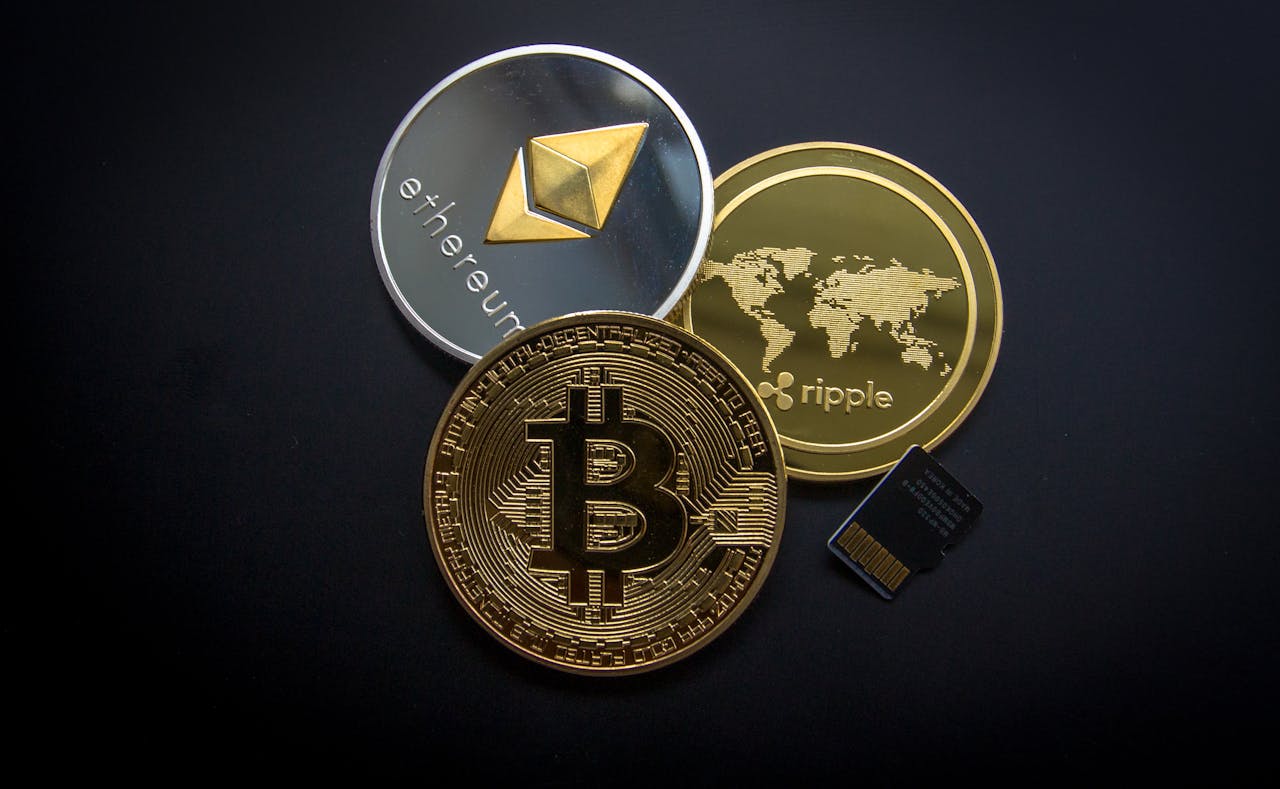Smart contracts are one of the most powerful innovations in blockchain technology. In simple terms, they are self-executing digital agreements written in code, stored on a blockchain, and automatically enforced when certain conditions are met. Unlike traditional contracts that require lawyers or third parties, smart contracts remove the middleman — transactions are transparent, secure, and triggered by code logic.
These contracts are most commonly found on platforms like Ethereum, Solana, and BNB Chain, where they run decentralized applications (dApps) and power the world of DeFi (Decentralized Finance). For example, a smart contract can automatically send cryptocurrency to someone once a product is delivered, or distribute staking rewards based on a pre-set schedule. Everything is handled by the blockchain, ensuring there’s no room for manipulation or delays.
What makes smart contracts revolutionary is their ability to build trust through automation. By replacing human enforcement with transparent code, they allow people and businesses to interact globally without needing to know or trust each other personally. As Web3 expands, smart contracts are becoming the foundation of entire ecosystems — from decentralized exchanges to NFT marketplaces and beyond.


